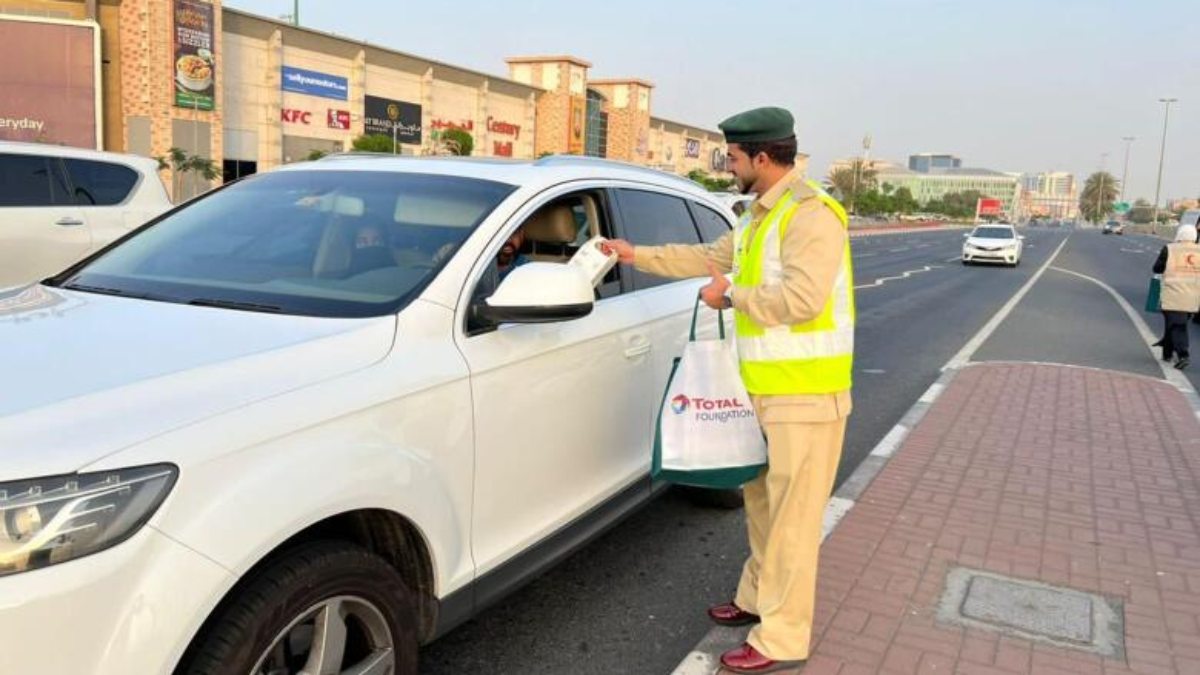As the UAE gears up for the holy month of Ramadan, a period marked by deep spirituality and a noticeable shift in the daily rhythm of life, newcomers and visitors alike are presented with a unique cultural experience. Set to commence on Tuesday, March 11, 2024, according to the Hijri calendar published by the Dubai Islamic Affairs and Charitable Activities Department (IACAD), this time of year is embraced with warm greetings of ‘Ramadan Mubarak’ across the Emirates, signifying the onset of a month filled with blessing and reflection.
A change in daily routines
During Ramadan, the pace of life in the UAE takes a more relaxed turn, affecting various aspects of daily life from work hours to school schedules and even parking regulations. This is a period when the community comes together, participating in spiritual activities and cultural practices that highlight the significance of this holy month.
Work timings adapt
In an effort to allow both fasting and non-fasting employees to engage more fully with the spiritual and communal aspects of Ramadan, the UAE government typically announces reduced working hours across both public and private sectors. While specific jobs may require longer hours, the general trend sees a two-hour reduction in the workday for most private sector employees, and government offices adjust to six-hour workdays from the usual eight.
School schedules and breaks
Academic institutions also adapt to the Ramadan schedule, with school days commonly shortened to five hours. This year, a notable adjustment sees most schools closing for the first three weeks of Ramadan, aligning with either the spring or end-of-term breaks, providing families an opportunity to spend more time together during this period.
Parking hours modification
Paid parking regimes are adjusted to accommodate the Ramadan schedule. Although specific timings are announced closer to the month, past practices in Dubai have seen parking fees applied from 8am to 6pm and then from 8pm to midnight, Monday to Saturday, offering residents a brief respite during iftar times. Sharjah’s approach extends fee application from 8am to midnight, Saturday to Thursday, reflecting the city’s respect for Ramadan’s significance.
Dining and Iftar meals
In Dubai, restaurants and cafes continue to operate as usual, with no requirement for non-Muslims to refrain from eating or drinking in public during daylight hours. However, many choose to do so out of respect for those fasting. Iftar, the meal that breaks the fast at sunset, becomes a focal point of social and family gatherings. Hotels and restaurants across Dubai offer special iftar menus and feasts, with numerous dining establishments providing offers and discounts to celebrate the occasion.
Spiritual gatherings and prayers
The relaxed work schedules during Ramadan afford fasting Muslims the opportunity to observe their five daily prayers with greater ease, often in the communal setting of mosques. The nightly Taraweeh prayers, special to Ramadan, see places of worship filled with faithful attendees, adding to the communal spirit of reflection and devotion.
For those experiencing their first Ramadan in the UAE, this period offers a profound insight into the cultural and spiritual fabric of the Emirates. It’s a time when the pace of life slows, priorities shift towards reflection and community, and the essence of what it means to observe this holy month can be fully appreciated. Whether participating in the fast, attending Iftar gatherings, or simply observing the customs and traditions, Ramadan in the UAE is a time of unity, generosity, and spiritual renewal.






